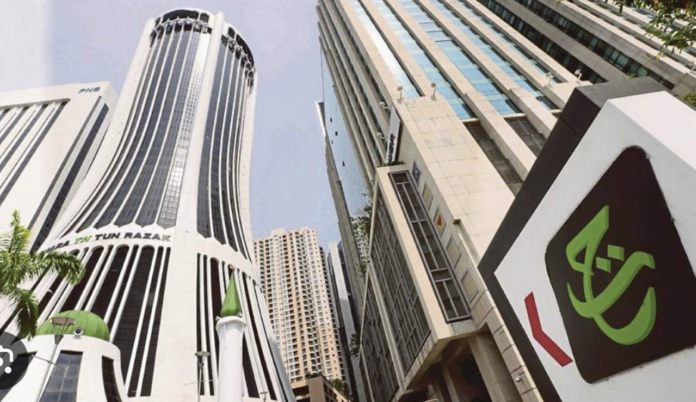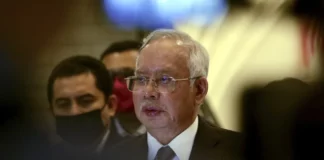KUALA LUMPUR, March 7 – Lembaga Tabung Haji’s (TH) move to refrain from investing depositors’ savings in high-risk investments is seen as appropriate in ensuring its continued ability to higher returns to depositors.
Universiti Kuala Lumpur Business School economic analyst Associate Professor Dr Aimi Zulhazmi Abdul Rashid said this is in line with TH’s canny strategy in maintaining investment resilience, based on the Strategic Asset Allocation approach in the face of uncertainties.
“Depositors must understand that in terms of investments, the pursuit of high returns inherently involves high risks, and vice versa. Attaining high returns with low risks is a challenging feat.
“The investments are made in accordance with Shariah principles, enabling TH to offer reasonable return after zakat payment of 2.5 per cent which is settled on behalf of depositors,” he said to Bernama recently, adding that depositors’ funds are invested in line with the halal and prudent investment principles.
On Feb 9, the Minister in the Prime Minister’s Department (Religious Affairs), Datuk Dr Mohd Na’im Mokhtar said TH’s profit distribution for the financial year 2023 is expected to be announced in April after a full audit is conducted.
Previously, for the financial year 2022 (FY2022), TH declared a profit distribution of 3.1 per cent after taking into account a zakat payment rate of 2.57 per cent, resulting in a total distribution of RM2.65 billion to over 8.7 million depositors.
Aimi Zulhazmi stressed the importance of depositors comprehending TH’s dual obligation: to cover the costs of Haj pilgrimage which has been escalating annually while simultaneously striving to distribute dividends.
“The Haj targeted financial assistance has also increased every year due to rising costs and this is out of TH’s control,” he said.
He said TH paid RM265 million for Haj assistance in 2023, and the amount is expected to increase to RM350 million this year due to the increased cost of Haj pilgrimage.
He noted that TH needs to deal with factors beyond its control such as the ongoing geo-political crisis in Eastern Europe and West Asia, the devaluation of the ringgit and the flow of global financial markets led by the United States Federal Reserve.
Meanwhile, Bank Muamalat Malaysia Bhd chief economist Dr Mohd Afzanizam Abdul Rashid sees the TH hibah or dividend rate for FY2023 to be stable and not far from the 3.10 per cent declared in FY2022.
















